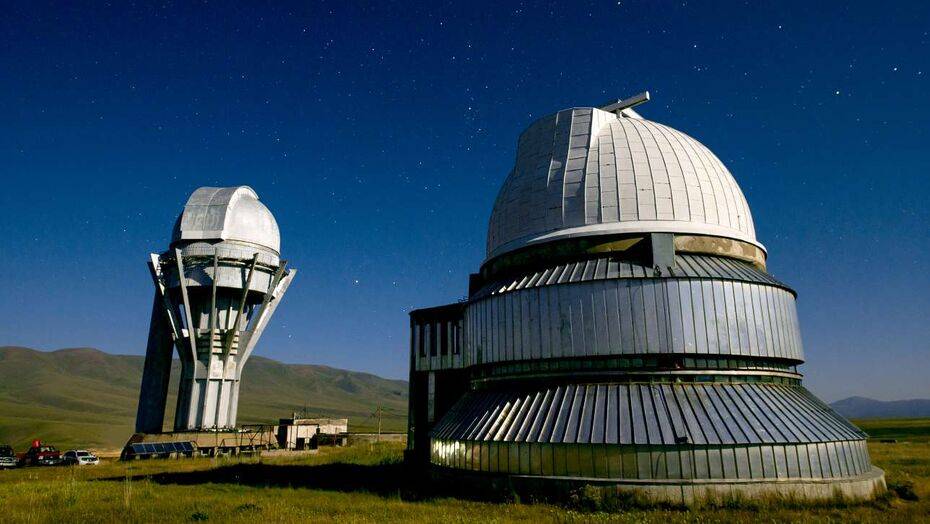ASTANA – A new telescope designed to track potentially dangerous space objects has been installed at the Assy-Turgen Observatory in the Zailiyskiy Alatau mountains, Khabar TV channel reported on June 12. The instrument is capable of detecting and monitoring hazardous celestial bodies of natural origin, such as asteroids whose orbits intersect with Earth. Its second task is to search for so-called space debris.

Photo credit: Grigory Bedenko
Several major international projects today focus on the threat posed by asteroids, and one of the leading French aerospace companies is among those involved. A global network of telescopes has already been deployed across multiple countries and continents, and Kazakhstan has now joined this international system.
Just recently, on June 5, residents of Astana witnessed an unusual phenomenon in the sky above the city. The nature of the object that entered Earth’s atmosphere remains unknown. Experts believe it was likely space debris — fragments of a large, inactive satellite that had fallen out of orbit, or possibly part of a rocket booster. The object was relatively small and completely burned up upon atmospheric entry.
According to Guillaume Delomenie, a research engineer, the project was made possible thanks to the successful cooperation between Kazakhstan and France, as well as collaboration between scientific organizations and researchers.
“The observatory here offers excellent conditions — no dust, minimal light pollution, and favorable weather, which allow for nearly continuous observations,” he said.
The telescope’s optical design enables it to detect not only asteroids approaching dangerously close to Earth but also fragments of space debris. The smallest objects it can identify are as small as 10 centimeters in diameter. Yet even such tiny fragments can damage or destroy active satellites in orbit.
Research engineer Valentine Lemieux explained that this is possible thanks to the robotic nature of the telescope, which will be operated remotely via satellite internet protocol.
“All the data will be transmitted to a data center in Paris. In about two weeks, we’ll complete the setup and integrate the telescope into the global network,” she said.
The installation of the French telescope at the Assy-Turgen Observatory is part of the Kazakh Astrophysical Institute’s broader strategy to create an astrophysical hub in Kazakhstan. The hub’s primary focus will be applied research, with a particular emphasis on ensuring the safety of satellite constellations.
Chingis Omarov, Director of the Fesenkov Astrophysical Institute, stressed that the growing number of satellites and space debris poses an increasing risk.
“Potentially dangerous close approaches and even collisions with our satellites are possible. We don’t want to lose them — we want to ensure their safety. Astronomy and astrophysics play a key role in achieving this,” he said.
Currently, scientific institutions from China, India, Poland, and other countries have expressed strong interest in the Kazakh site. The next step will be the development of fundamental research.
